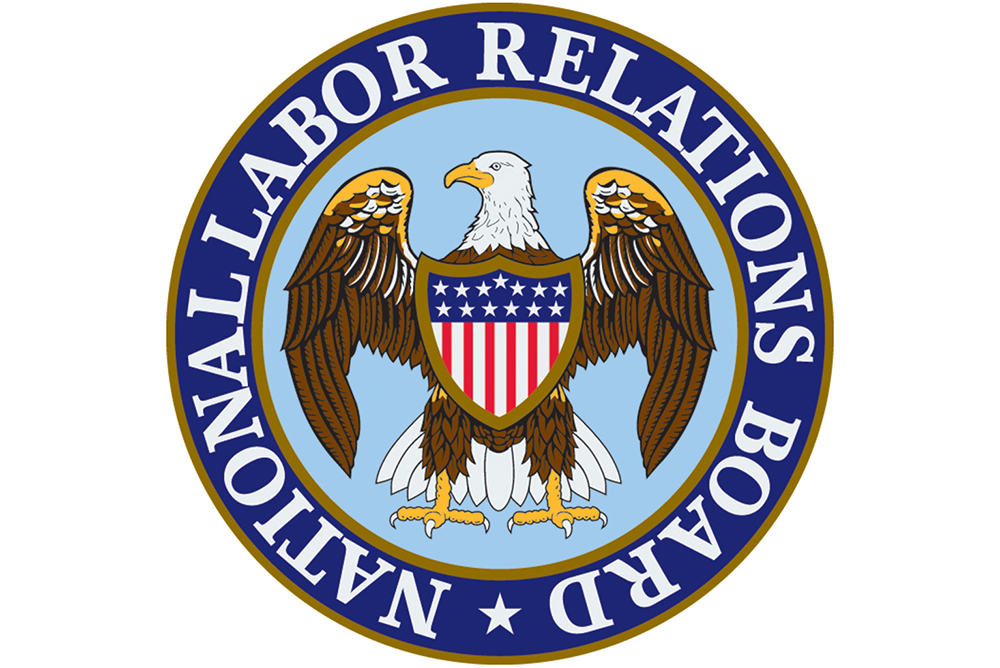A new decision from the National Labor Relations Board (NLRB) that it has no jurisdiction over the faculty at a religious college represents another victory for antiunionization efforts of university faculty members.

The NLRB ruled on June 10 in a case involving Bethany College in Lindsborg, Kansas. The decision overrules the prior jurisdictional standard set in a 2014 case involving Pacific Lutheran University in Tacoma, Washington.
In explaining its 3-0 decision, the NLRB cited the jurisdictional test announced by the U.S. Court of Appeals for the District of Columbia Circuit in the 2002 case University of Great Falls v. NLRB. Under that test, the Board said it “must decline to exercise jurisdiction” over faculty at a religious institution.
The NLRB concluded the Pacific Lutheran standard was wrong since it required consideration of whether faculty members at religiously affiliated colleges are performing a specific religious function. The Board’s announcement of the decision said that to make such an assessment, it would have to act in a way “impermissibly intrusive into an area safeguarded by the Religion Clauses of the First Amendment.”
Meaning of the Ruling
The decision means the NLRB won’t entertain petitions for union organizing at religious colleges, says Burton J. Fishman, an attorney at Fortney & Scott, LLC, in Washington, D.C. But the question remains whether employees of those colleges are beyond the protections of the National Labor Relations Act (NLRA) itself.
The ruling in Bethany College, 369 NLRB No. 98, is an example of the Republican-appointed NLRB overruling decisions of the Obama-era Board. Currently, the NLRB has two vacancies and three Republican members—Chairman John F. Ring and members Marvin E. Kaplan and William J. Emanuel.
The Bethany decision also is aligned with other Trump administration efforts related to religious freedom.
“This is an excellent example of how a decision of an enforcement agency represents and becomes part of an administration-wide effort,” Fishman says, since it lines up with rulings from a variety of government entities “either eroding the ‘wall’ between church and state or withdrawing the government from imposing general rules on religious institutions,” Fishman says.
“So, this decision may be seen on a small scale as part of the NLRB’s gradual process of taking large parts of the professoriate out of union organizing—or it can be seen as an important part of the larger effort by this administration to elevate religious institutions to effectively being outside the reach of most government regulation, on the one hand, and on equal footing with secular institutions when receiving government benefits,” Fishman says.
Tammy Binford writes and edits news alerts and newsletter articles on labor and employment law topics for BLR web and print publications.
